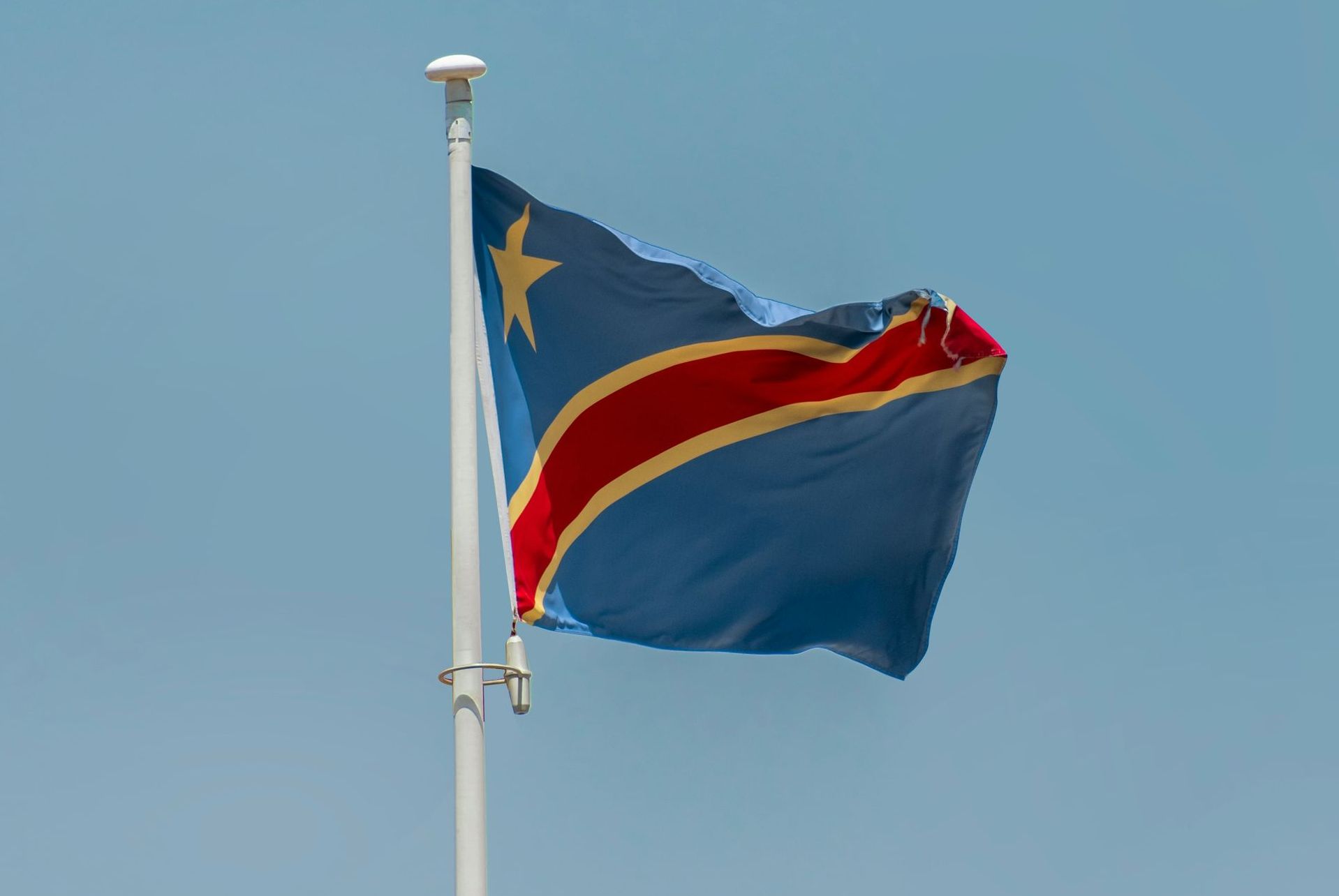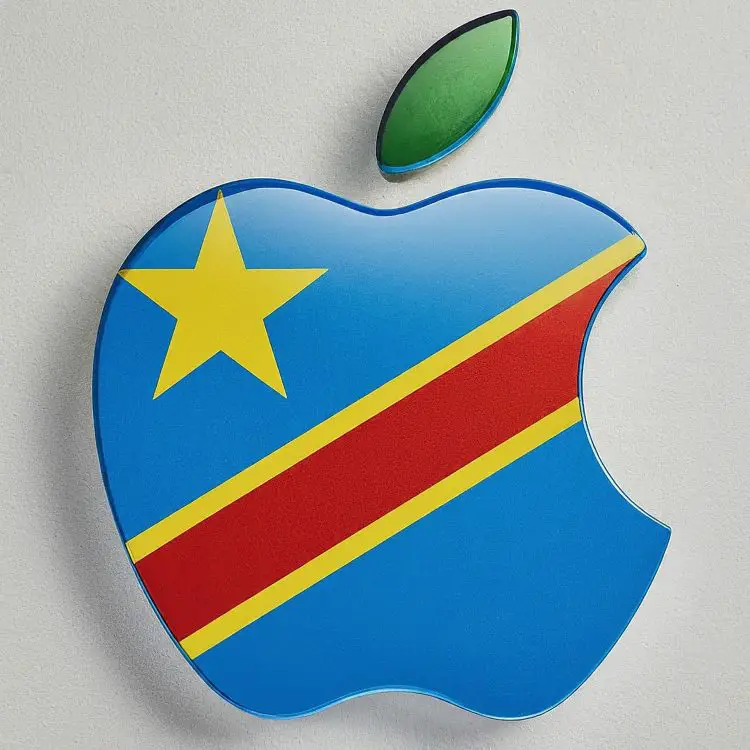Apple is in big trouble! The company is accused of using minerals from illegal mines linked to the war in the eastern regions of the Democratic Republic of Congo in its products.
The accusations call into question the human rights and environmental impact of the supply chain of major global corporations.
But is Apple using minerals associated with armed conflict, commonly known as ‘war minerals’?
Apple accused of using war minerals
The Democratic Republic of Congo is one of the largest sources of valuable minerals such as cobalt and coltan. These minerals are critical for products such as cell phones, computers, and electric vehicles. However, the extraction of these minerals in the eastern regions of the DRC has led to violence, including forced labor, child exploitation, and environmental destruction, such as deforestation and water pollution.
According to the Financial Times, a group of lawyers represented by Amsterdam & Partners, a renowned international law firm, sent a letter to CEO Tim Cook, raising concerns that the minerals used in Apple’s products are illegally mined, fueling conflict in the region. The letter states that Apple‘s supply chain is ‘contaminated with the country’s war minerals,’ resulting in serious human rights violations and environmental damage.

Apple’s response to these accusations is eagerly awaited. The implications of this situation extend far beyond Apple, potentially affecting other technology giants. Any company sourcing minerals from the Democratic Republic of Congo could find themselves in a similar predicament.
Not only Apple but all tech giants and the international community need to act responsibly to end the conflict and human rights violations in the Democratic Republic of Congo. This could include implementing stricter supply chain regulations, supporting local communities in the DRC, and advocating for regional peace and stability.
Eastern DRC is a mineral-rich region, home to some of the world’s largest tantalum deposits. But violent clashes between government forces and the M23 rebel group are reportedly taking a toll on the region. At the same time, allegations that neighboring Rwanda supports M23 are supported by the UN, the US, and the EU.
The ongoing conflict for control of the mines is causing casualties, displacement, and environmental destruction. The international community urgently needs to find a peaceful solution and stabilize the region.
There is no easy fix to this complex problem. However, the path to peace and sustainable development in the DRC lies in the collective efforts of international companies, civil society organizations, and governments. By working together, we can ensure that technological progress continues while safeguarding human rights and the environment.
Featured image credit: Generated with Gemini / Barış Selman





